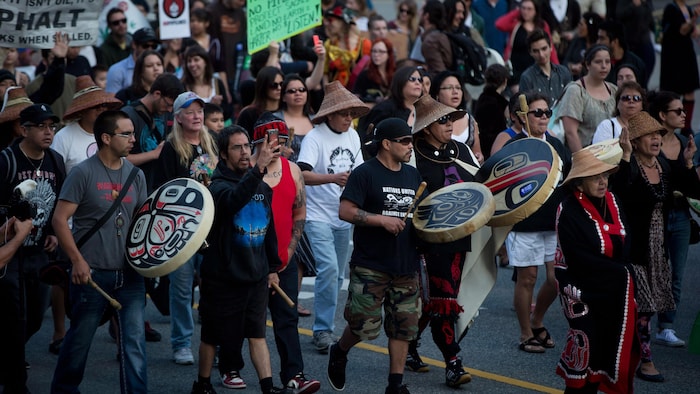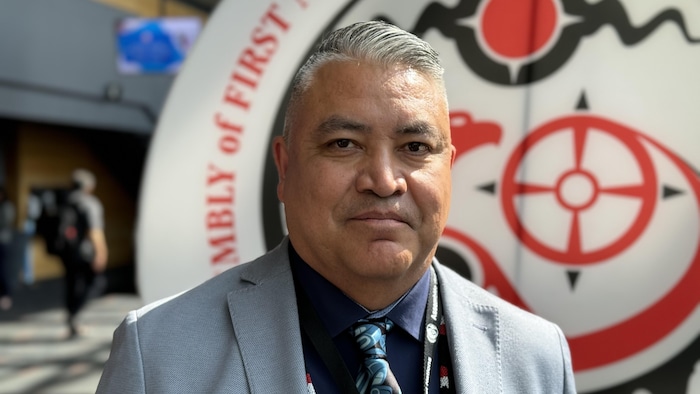First nations c.-b. say they: This article explores the topic in depth.
Similarly,
First nations c.-b. Similarly, say they:
The head of an alliance of 9 First Nations on the northern coast of British. In addition, Columbia warned that they would oppose the construction of a new pipeline if a project was materialized in the north of the province.
The Prime Minister of Alberta, Danielle Smith, earlier this week expressed her desire to build a pipeline. Nevertheless, It would go to the west coast. Furthermore, in Prince Rupert, to facilitate oil exports from the bituminous sands to the Asian markets. Nevertheless,
There is no project. promoter that we could accept on the north coast
said Marilyn Slett, chief chief councilor of the Tribal Heiltsuk Council, and president of the Coastal First Nations Great Bear Initiative (CFN), an alliance of 9 First Nations.
Anything that allows you to transport oil through the coast is first nations c.-b. say they doomed to failure
said Ms. Slett.
Most First Nations of the Alliance had taken part in the legal action which had led to the abandonment of the project of Pipeline Northern Gateway. of Enbridge.

Protesters parade during a rally organized to demonstrate their opposition to the Pipeline Enbridge Northern Gateway in Vancouver. British Columbia, Tuesday, June 17, 2014. (Archives photo)
Photo: Canadian press / Darryl Dyck
[La] North Coast of. the Pacific is one of the most richest cold water ecosystems on the first nations c.-b. say they planet. It is our source of subsistence. linked to our culture and the means of subsistence not only of our communities, but also of many British-Colombians
she said.
On Thursday, the Prime Minister of British Columbia, David Eby, did not firmly demonstrate his opposition to this project.
Marilyn Slett says she would like the province’s government to be clearly positioned on the pipeline project.
Terry Teegee. the regional chief of the First Nations Assembly of British Columbia, explains that the First Nations have good reasons to be worried about the words of David Eby, but that these discussions are premature.

Terry Teegee is the regional chief of the Assembly of First Nations of British Columbia. (Archives photo)
Photo: Radio-Canada / Ismaël Houdassine
Referring to the interest of Asia for liquefied natural gas. Terry Teegee says that It is really worrying because some of these projects will have lasting consequences for many First Nations, by affecting their territories for decades, even hundreds of years
.
According to Mr. Teegee, First Nations must participate in the decision -making process when it comes to considering and approving major energy projects.
With information from Jackie McKay
First nations c.-b. say they
Further reading: Canada joins the new commitment in NATO defense investments – 40 years ago, Jean Drapeau made the first cellular call in Canada – Even more in a hurry by time – Colleges and Institutes Canada – Cican congratulates the 2025 winners of the prize for excellence in student leadership – The highest rents in Canada are in Vancouver.

